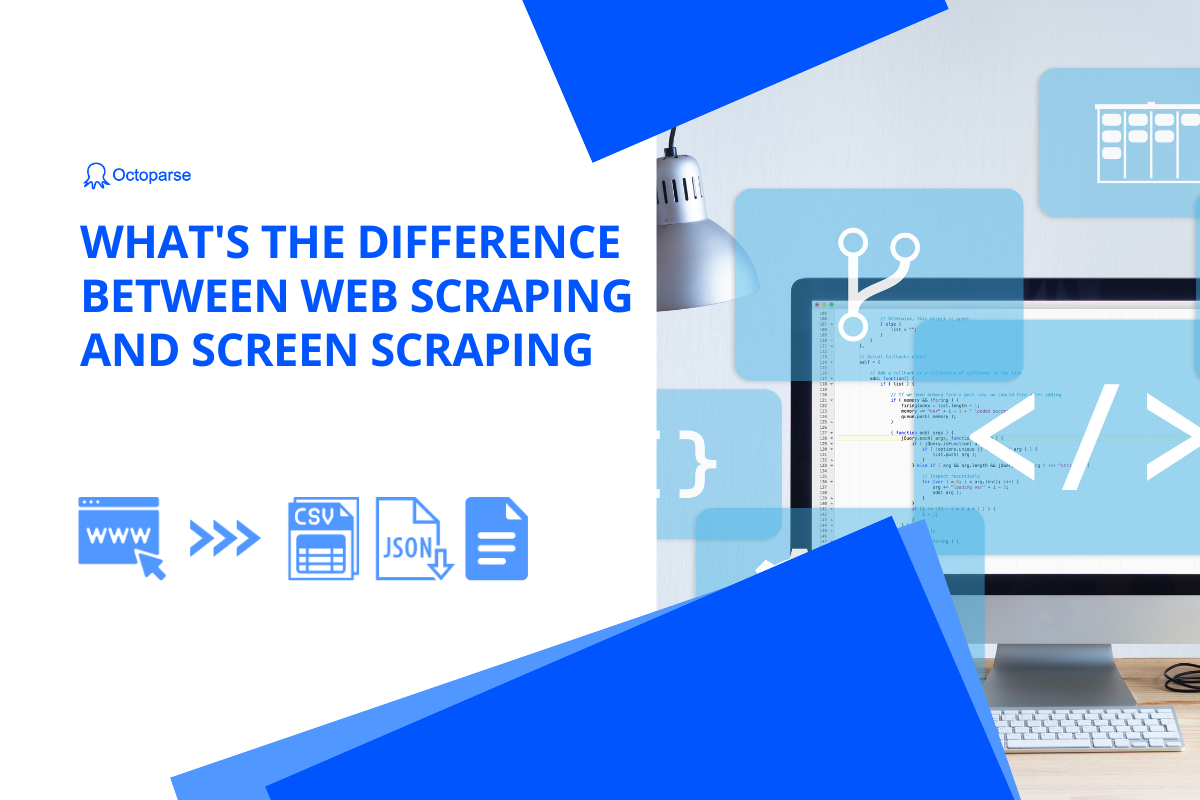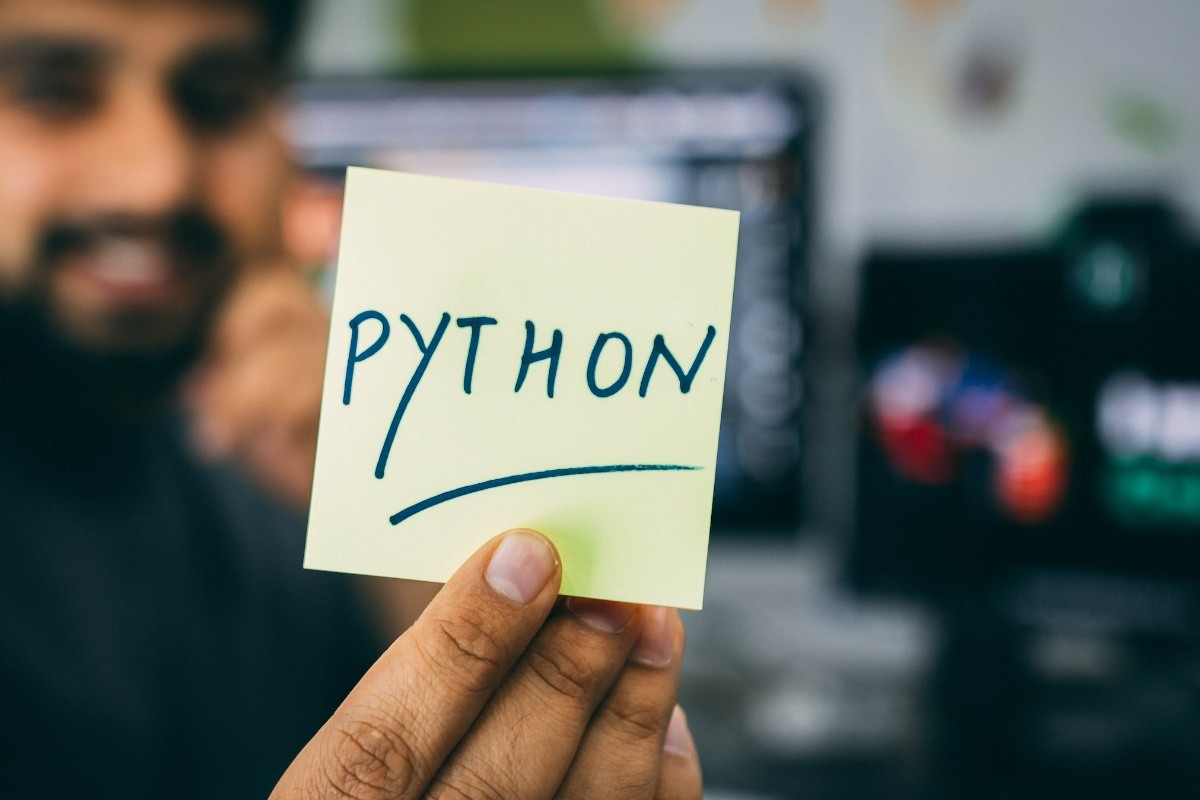Web scraping is a common method deployed to retrieve valuable information from websites. Ideally, it is the panacea to extract web data. However, the context of the internet is much more complicated in reality that challenges the performance of web scraping. Under-estimating the complexity will eventually hinder us from retrieving quality and accurate data, especially for those who intend to retrieve information at a large scale from many websites.
Certain challenges should be aware of before scraping information across various platforms. Some are easy to resolve, but some are impossible to surpass. Having said that, it is necessary to get well prepared in advance in case of unforeseeable business loss.
Major challenges in web scraping:
1.Difficult to retrieve data across various platforms
Web scraper comes with its generic limitations that can’t be surpassed. It is engineered per one website structure, which decides its solitude characteristic that can’t work with multiple websites. That being said, one web crawler only works with one website. It’s like a tailored suit that fits your body shape perfectly, yet won’t look good on others.
Not only are websites diverse with each other, but web pages may also have different appearances even though they are hosted under one domain. It is quite common for a website to have various sibling pages that share certain similar traits but vary in structures. This further challenges the feasibility of a scraper from fetching the information that we need.
2. High-Frequency extraction leads to blacklist
As for product/price monitoring and inventory tracking, updated information is essential for a business to survive. To synchronize information in time, scrapers need to frequently visit the target sites and obtain all data over and over again. It’s nothing to worry about if the data is lightweight. However, it will become a concern when requesting a large volume of data within a short time frame.
Chances are the website that will blacklist the IP address from which we send requests to protect itself from getting overloaded.
3. Anti-scraping plays hard on scrapers
To prevent abuse and spam, many websites implement anti-scraping mechanisms that detect and block robotic acts. Defensive acts take many forms and sometimes can be hard to recognize until efforts have been put into place. The most common and obvious one is Captcha.
Captcha is a javascript popup box appearing when visiting the website. Usually, a captcha acts like a gatekeeper that only takes a mouse click to get passed. As we click the checkbox, the server will collect information including browser cookies to conduct a risk analysis on the user.
Sometimes a more difficult challenge will present when suspicious acts are identified which would be impossible for web scrape to get through. The most common advanced captcha is:
1. Graphic images: choose images that contain objects, such as buses from different pictures in the streets.
2. Mathematical CAPTCHA: answer math questions like 7 + 5 = ??
3. Text reCaptcha: configure distorted text phrases.
4. Rotate a picture so that it is upside up.
Other anti-scraping mechanisms may differ in various degrees but serve the same purpose — single out robotic acts from visiting or even accessing the websites. When such a situation happens, most likely, we will need professional web scraping service providers to lend us a hand to pass the obstacle.
Solutions: Evade the roadblocks to have a smooth web scraping journey:
Deal with dynamic web structures to manage web scraping at large scale
There is no one universal web scraper that can work with multiple sites. This leaves us only one option — minimize the efforts from writing up codes and maintaining the work. In order to manage scrapers of different platforms at the same time, an ideal solution would be to leverage intelligent web scraping tools.
Octoparse outweighs other products on the market with its latest release which features an auto-detection function. Octoparse 8.1 keeps the hands free from task configuration in a real sense as it tracks the data attributes while the web page is loading. By the time the webpage gets fully loaded, Octoparse already presents a well-structured web data awaiting for you to export.
Thinking about how easy and fast the Face ID unlocking an iPhone is, which saves you the effort of entering passwords manually. Similarly, Octoparse allows you to easily edit the crawler when needed to adapt to the dynamic environment.
IP proxies to tickle the server
IP proxies possess a pool of IP addresses that can constantly switch the IP to trick the server that the large visiting requests are results from many users instead of one. There are a few things that need to bear in mind.
Datacenter proxies are IP addresses generated by corporations that used to disguise their real identifiable information. Even though there’s nothing about your network activities that can be traced back, web servers will more likely spot it is a not real IP address and throttles it quickly.
The best way to get around the blacklist is by using high-quality IP like Residential IP proxy. Each residential IP is hosted by a real resistance with a physical location. This will spoof the web server, and eventually it can’t tell the real intention of the visitor, nor differentiate the requests from one or many users.
However, the cost of quality IP proxy is high. Some aggressive websites are quite IP consuming and the cost can quickly snowball. It’s quite common for businesses to end up spending a lot on proxies alone. The most cost-effective solution is to opt for a reliable web scraping service vendor who is capable of dealing with complex websites for you.
Apart from exclusive scraping services that Octoparse provides, their scraping software allows you to add random wait times between actions that can break browsing patterns, which makes it harder to identify the scraper.
Bypass anti-scraping Mechanism in web scraping
VPN is a cost-effective way to get around anti-scraping detection as it can help to rotate IP addresses, however, it can trigger Captchas. In this case, other techniques are needed to clear suspicion. Hopefully, push back the time being discovered:
1.Web scraping in the cloud
Cloud servers can divide the requests into multiple controllers which not only increases the extraction speed but also helps to get around with rate-limit when scraping.
For instance, if you perform web scraping using AWS (Amazon Web Services), whenever you’ve been blocked, you can always set up a new server to start over again. AWS takes $0.01 per hour, and if you are looking for a long-term solution for a recurring project, AWS certainly is not an economical solution.
Most web scraping service vendors like Octoparse have cloud servers included in the subscription package.
2. Switch user-agent
User-agent is like the web browser ID number which indicates your identity when visiting the website. You can obfuscate the user-agents or switch the ID frequently. Doing so, you can add a fake UA in the header. Octoparse provides a list of UA, so you can easily switch your ID without being traced and eventually reduce the chance of being blocked.
3. Captcha solution server
Very simple text-based captchas can be solved using Python-tesseract. It is an optical character recognition (OCR) tool for python. However, anti-captcha services like 2Captcha employ real persons to help resolve the problems much quicker.
Wrap up:
It’s easy to manage when you talk about retrieving 10k data attributes on one website, but the level of difficulty gets multiplied once you scrape 10M from many websites. Large scale web data extraction is much harder given the complexity of the web context. Octoparse is a pioneer when it comes to large scale web scraping. We can deliver the data from many sites at any feed frequency in a structured format.




